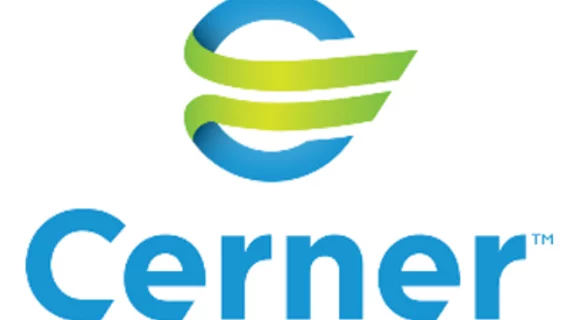Cerner contract with VA could be in trouble after Shulkin’s ouster
The firing of David Shulkin, MD, as Veterans Affairs Secretary may threaten the $16 billion deal for Cerner to bring an electronic health records system to the VA, according to Nextgov.
Neither Cerner or the VA would answer questions about the deal, though the VA’s response to Nextgov declining comment on “ongoing contract negotiations” suggested no deal has been finalized. Shulkin had publicly announced and touted the deal, despite criticism about Cerner being awarded the major project without going through a competitive bidding process.
Congress had appropriated $782 million for the first fiscal year’s funding of the Cerner rollout. The entire project has been estimated to last until 2027, being implemented on a similar path as the ongoing Cerner EHR transition at the U.S. Department of Defense (DOD). Shulkin had said the contract negotiations with Cerner had been held up due to the company’s definition of interoperability—a major reason Shulkin had cited in choosing the same EHR vendor for the DOD and VA—being too limited in Shulkin’s opinion.
President Donald Trump has nominated Admiral Ronny Jackson, MD, who has served as the White House physician since 2013, to replace Shulkin.
Read more at the link below:

